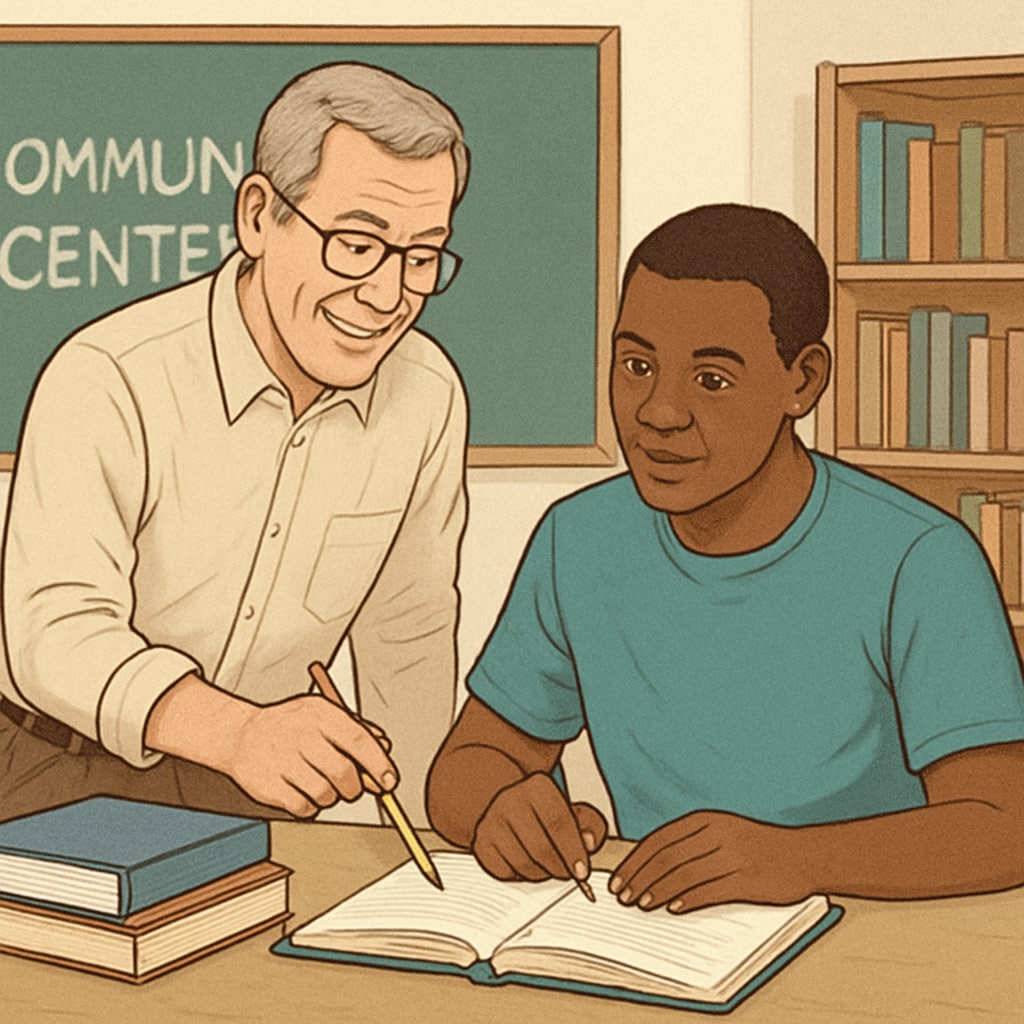Education gaps, foundational knowledge gaps, and learning difficulties can significantly impact an individual’s self-esteem and career prospects in adulthood. Many adults who missed out on quality education during their formative years often struggle with a sense of inadequacy and self-doubt. However, it’s important to recognize that it is never too late to rebuild your knowledge base and regain confidence in learning. This article outlines practical strategies to overcome these challenges and thrive despite early setbacks.
Understanding the Impact of Education Gaps
Childhood education plays a crucial role in shaping an individual’s cognitive and emotional development. When there are gaps in foundational learning, such as literacy or numeracy, these deficiencies can persist into adulthood, making it harder to navigate daily life, pursue higher education, or advance in a career. Over time, these challenges may lead to self-doubt, as individuals compare themselves to peers who had access to more robust educational resources.
For example, adults with limited foundational skills may find tasks such as managing finances, writing professional emails, or participating in intellectual discussions intimidating. The resulting fear of judgment can prevent them from seeking help or opportunities for growth. However, with structured approaches and the right mindset, it is possible to address these gaps.

Practical Steps to Rebuild Foundational Knowledge
Rebuilding a strong knowledge base as an adult requires patience, effort, and access to suitable learning resources. Here are some actionable steps:
- Start with Assessments: Identify your knowledge gaps by taking free online diagnostic tests in areas such as math, reading, or basic computer skills. Knowing where you stand is the first step toward improvement.
- Leverage Online Courses: Platforms like Khan Academy and Coursera offer free or affordable courses tailored to adult learners. These resources cover everything from basic literacy to advanced professional skills.
- Seek Supportive Communities: Join adult learning groups or forums where participants share similar challenges. Engaging with others can reduce feelings of isolation and provide motivation.
- Set Realistic Goals: Break your learning objectives into smaller, achievable milestones. For instance, commit to reading one book per month or mastering basic Excel functions within three weeks.
- Utilize Mobile Apps: Apps like Duolingo (for language learning) or Photomath (for math assistance) can help you integrate learning into your daily routine.
Regaining Confidence in Learning
Addressing education gaps involves more than acquiring knowledge; it also requires regaining confidence. Many adults hesitate to pursue learning opportunities due to the fear of failure. Here’s how to overcome this barrier:
- Focus on Progress, Not Perfection: Celebrate small wins, such as completing a lesson or mastering a new concept, rather than dwelling on what you don’t know.
- Adopt a Growth Mindset: Believe that intelligence and skills can be developed over time with effort and practice. Avoid comparing your journey to others.
- Seek Guidance from Mentors: Connect with teachers, counselors, or experienced peers who can offer encouragement and constructive feedback.
- Reflect on Your Achievements: Keep a journal to document your learning journey. Reviewing your progress can boost your self-esteem and motivate you to keep going.

The Long-Term Benefits of Closing Education Gaps
Investing time and effort into addressing education gaps can pay dividends in both personal and professional life. Adults who take steps to improve their foundational knowledge often report higher levels of confidence, better job prospects, and an improved quality of life. Furthermore, the process of learning itself can be deeply fulfilling, fostering a sense of accomplishment and self-worth.
It’s also worth noting that addressing your own learning challenges can have a ripple effect on others, such as inspiring your children, peers, or colleagues to value education and lifelong learning.
In conclusion: Overcoming education gaps and learning difficulties is a challenging but rewarding journey. By taking deliberate steps to rebuild your knowledge base and confidence, you can unlock your full potential and lead a more empowered life.


